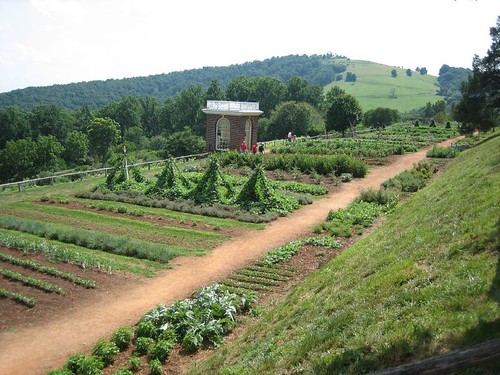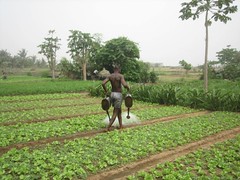This week, the MacArthur Foundation named the 24 recipients of the Genius Awards -half million dollars no string attached- for each. As i was communing back to my house this evening, I listened to a NPR
report on two of the winners, a mathematician from Harvard and a poet from University of Washington. Both have impressive credentials and do innovative work. This post, However, is about another genius:
Esther Duflo, an economist at MIT.
The cacophony of macro-economist debating on the future of their profession has muted many vanguard forces trying to shift the economic paradigm that has remained freshwater-
shipwrecked for the past few decades. The
work of proffessor Duflo is a prime example of how finally we are starting to see alternative views that challenge neoclassic economic theory. Following the footsteps of great minds like Kenneth Boulding, E. F. Schumacher (yes, buy
Small is Beautiful), Howard Odum, and Herman Daly, Duflo, and a new generation of economist, are finding inspiration on psychology, environmental science, design, and philosophy, to move away from economics as a mathematically driven exact science.
Take for example her work on
Fertilizer in Kenya. She tries to understand the underlying motives behind the low use of fertilizer among Keynesian farmers, even when the returns on investment are extremely evident. The culprit? procrastination. "Behavioral biases limit profitable investments in fertilizer by farmers in developing countries." Or in other words, farmers, just like voters and individuals, not always make rational decisions.
What is remarkable about her work is the use of other social sciences, to explain economic behaviors. Not that other researches aren't doing it, but rather we aren't hearing about them. Their voice and their research remains secluded to small circles behind the wall of coastal universities. We need more Duflo's in the econ departments of our colleges and universities. We need a more comprehensive development economics that values and understand our flaws and virtues and gives real solutions to the millions still undeserved. Tell me, if you know where they are.



